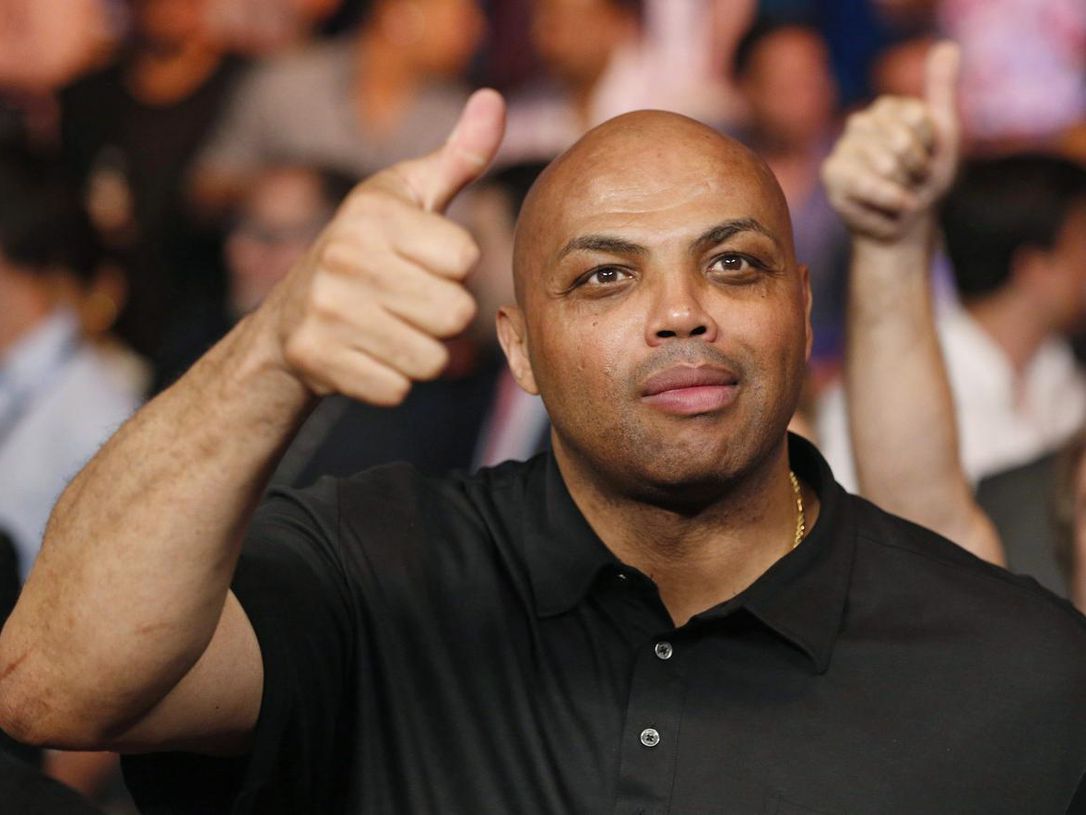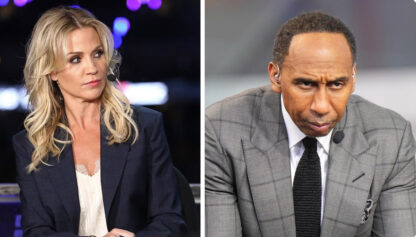We have heard the horror stories about Cuban ballplayers and citizens defecting to the US, risking their lives and traveling across treacherous waters with waves 20-feet high, late in the night on poorly crafted boats, with hopes of getting to the United States and escaping the communist and restrictive clutches of the Cuban government.
The ultimate respect is to be paid to any Cuban-born MLB player, because if these guys are wearing MLB uniforms then they successfully made the long, perilous journey and earned every bit of the millions they will receive in America.
There have been 116 Cuban-born players to play in MLB since the 1959 Revolution. At the start of last season, there were 18 Cuban-born players on MLB rosters. Rafael Palmeiro has more career homers than any Cuban player (569) and Luis Tiant leads all Cuban pitchers with 229 wins and 2,416 Ks.
White Sox slugger Jose Abreu, the 2014 AL Rookie of the Year, is currently one of the the more popular Cuban players.
Changing The Game And Becoming Truly Inclusive
The Tampa Bay Rays will play the Cuban national team on March 22. The game, which will be played at Estadio Latinoamericano in Havana, will be broadcast by ESPN and ESPN Deportes. The Rays are the first team to play in Cuba since the Baltimore Orioles in 1999. According to ESPN, they are also the first US team to play in Havana, Cuba since the late 1950s.
MLB Commissioner Rob Manfred randomly picked the Rays out of a hat to represent the majors in Cuba, but its fitting as the city of Tampa has a relationship with Cuba dating back to the 1800s.
During a time of historic change, we appreciate the constructive role afforded by our shared passion for the game, and we look forward to experiencing Cubas storied baseball tradition and the passion of its many loyal fans, Manfred said in a statement.
We love to celebrate the success stories. Remember Yankees pitcher Orlando “El Duque” Hernandez? His recollection of his journey from Cuba to the US and his eventual success as a pitcher for the World Champion Yankees, is the stuff of legends.
On the flip side, some never make it out. Some defectors have died before reaching the U.S., or gotten arrested and spent months in a jail cell. Others, once in the U.S., have only been able to funnel money, clothing and mementos to their relatives. They basically abandon their families to pursue a life that only they can enjoy. Until they can get their families to the U.S., Cuban defectors live mentally enslaved, with the same fear and opportunity restrictions that they experienced while living in Cuba.
Obama Attempts To Stop The Economic Oppression
For over half a century, the U.S. government has tried to isolate Cuba economically in an effort to destroy Fidel Castros regime and deprive the country of vital resources. Since 1960, Americans have been barred from trading with, investing in, or traveling to Cuba. Initially, the embargo was no more than a thorn in Castros side and an inhibitor to Cuban talent moving through the MLB pipeline.
But all that changed with the fall of Soviet communism. Today, after losing billions in annual economic aid from its former sponsor, Cuba is a poor, dysfunctional and isolated nation of about 11 million. The spirit of the country and the proud people who inhabit it and have escaped it, however, remains alive.
Past Presidents have taken pride in suppressing Castros arrogance and unwillingness to bow down to the rulers of the free world. However, in keeping with his 2008 campaign theme of Change President Obama, who announced the beginning of normalized relations with Cuba in December 2014, plans to attend the game and held a joint press conference with Cuban leader Raul Castro on Monday.
ESPN also reported this morning that President Obama will be laying a wreath at the memorial of Jose Marti, the Apostle of the Cuban Revolution. First exiled from Cuba in 1871, Mart spent most of his life abroad, until returning to Cuba in 1895 to help in its fight for independence and dying in battle.
Baseball Is Once Again An Agent For Social Change
Commentator Eduardo Perez, son of Hall of Famer Tony Perez who left a small Cuban sugar farming town at 17-years old and forged a tremendous career in MLB that most Cubans never got to see or learn about, says this is an important moment for Cuba and its talented baseball players. The elder Perez is one of four Cuban-born players with plaques in Cooperstown. Because of his father’s courage, Eduardo was able to grow up as an American and enjoy the opportunities the country had to offer.

(Photo Credit: wcpo.com)
For the adults my age, the first thing we say when we see the American flag next to Cuban flag is like ‘whats going on here?’…for some people in my age bracket its very symbolic, said Eduardo on a live ESPN telecast. We were always taught that both flags werent supposed to be together.
For President Obama to be here — an African American President in Cuba — the (Cuban people) can really relate too it.
Progress is being made, but until the embargo is lifted by Congress, Cubans athletes will not have a free flowing path to U.S. professional sports, but there are things that can humanize the process a bit more, says Perez.
In early March it was reported that MLB submitted a proposal to the Treasury Department that outlines a new pathway for baseball players from Cuba to sign directly with big-league teams in the U.S.
Perez says thats a great step.
Instead of risking their lives in a deadly ocean, trying to better themselves and family, Perez said, now they can sign directly from Cuba, sort of like a 501 C-3, but the government wont collect a tax on it as it violates the embargo.They will be taxed through the Sports Federation…its very complicated.
But undoubtedly safer and an example of the never-ending fight that Cuban citizens must endure as Castros brother Raul is now in command and hes recognized as an extension of the old, controlling regime.
The Cuban family is a tight, united family, Perez insisted. So we (US-born Cubans) who lived through the stories of when our parents defected, feel the Cuban citizens pain. Now we have a generation we are responsible for and have to teach them what we were taught, what happened here in Cuba and the sacrifices that our grandparents made. The people right now that are control of this government… is the same as the government that inflicted a lot of devastation internally and emotionally and caused our grandparents and parents to move out of here.
The excitement about the possibilities this baseball game and Obama’s presence suggests for the future, was oozing from Perez as he spoke with Hannah Storm live from Havana. People refuse to admit that MLB is still exercising exclusion and a lack of diversity on its MLB fields. Cuban players have been kept out of MLB because of political disputes for decades.
Its cool to see Obama, who admits he is much less of a baseball fan than his presidential predecessor George Bush Jr., taking the lead in healing Cuban-US relations by trying to put the wheels in motion for a Cuban return to baseball, so that MLB can truly represent the best players in the entire world.



